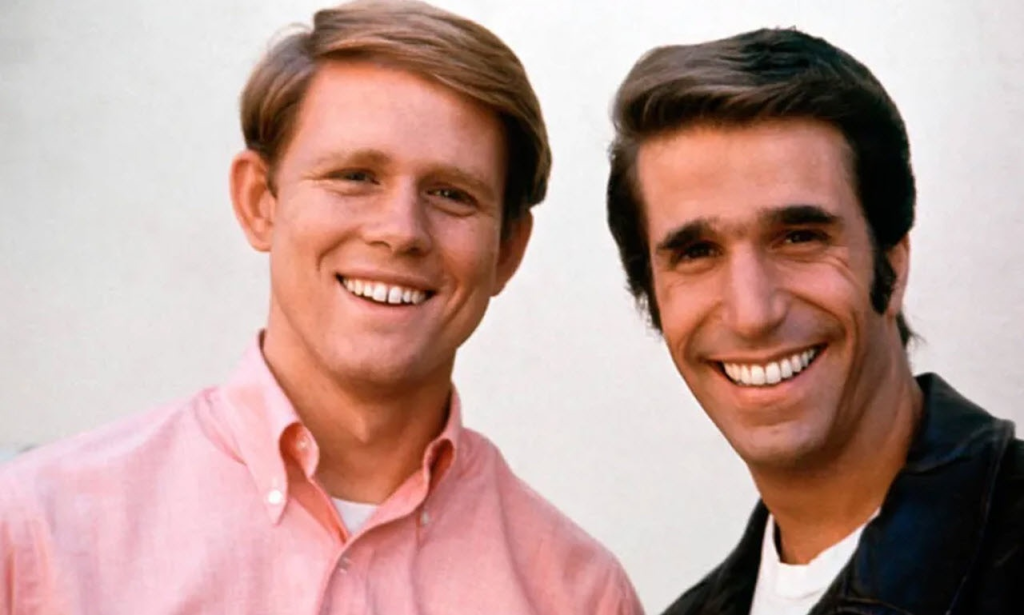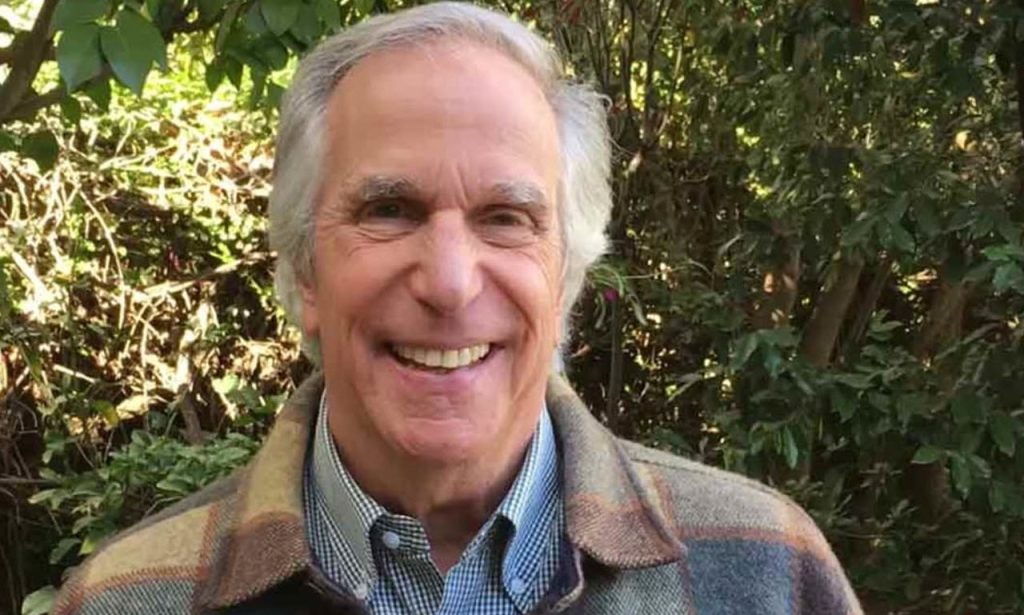Henry Winkler, renowned for his iconic portrayal of Fonzie on Happy Days, emerged from a childhood starkly different from the glitz often associated with celebrity life. Born to immigrant parents who fled Nazi Germany, Winkler encountered formidable obstacles due to an undiagnosed reading disorder.
Unaware of his dyslexia, his parents dubbed him “dumb,” going as far as to call him a ‘Dummo Hund,’ or dumb dog. This derogatory labeling extended into his educational environment, where teachers and peers alike reinforced the notion, creating a challenging upbringing that deeply impacted his self-perception.

Nevertheless, Winkler pursued his aspirations with unwavering determination. Despite facing rejection from 26 colleges, he secured admission to two institutions before receiving the life-changing acceptance letter from the esteemed Yale School of Drama. His innate talent shone through during an impromptu Shakespearean performance, propelling him toward success.
While flourishing on-screen as the magnetic Fonzie, Winkler grappled with dyslexia, which affected his reading and coordination. Even when offered the lead role in Grease, he declined to avoid being pigeonholed.
It wasn’t until his stepson Jed underwent a dyslexia assessment at the age of 31 that Winkler’s perspective shifted. Recognizing their shared struggle, he came to terms with dyslexia as an invisible barrier that had silently influenced his life. Overcoming auditions through rigorous script memorization, he cleverly used humor to deflect any perceived shortcomings, insisting he embodied the ‘essence of the character.’

Following the conclusion of Happy Days, Winkler ventured into diverse acting roles and contributed to the creation of the acclaimed MacGyver series. Despite navigating transitional phases, his tenacity and talent remained steadfast, underscoring the notion that overcoming personal adversities can pave the path to remarkable achievements.
Henry Winkler’s journey from being unjustly labeled as “dumb” to becoming an adored cultural icon serves as a poignant testament to the transformative power of determination and talent. His story stands as an enduring inspiration, reminding us that with resilience and dedication, personal challenges can indeed be surmounted, leading to extraordinary accomplishments.
